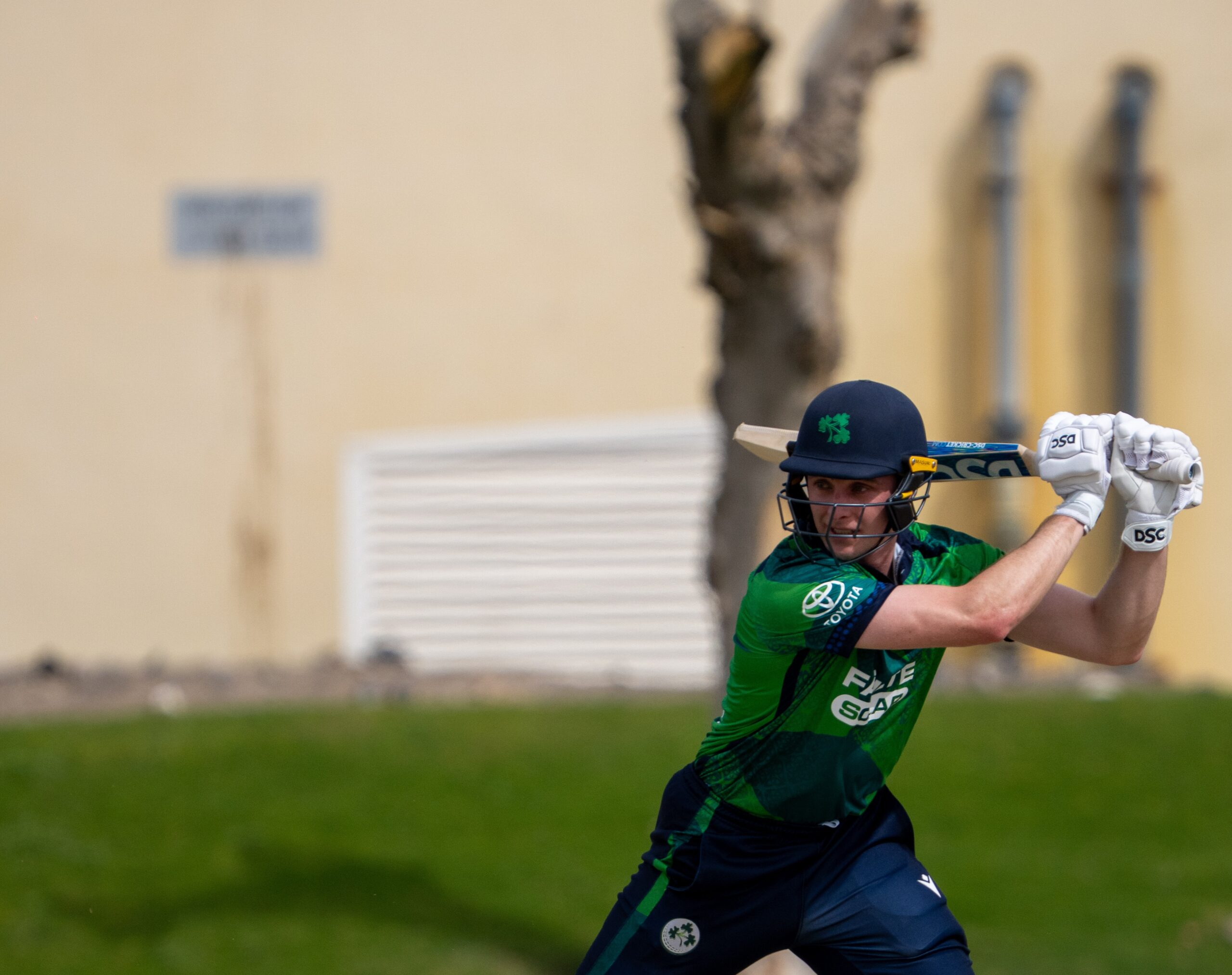Selfless leg bye
Ireland Men make it 2-from-2 against Italy; Tector hits remarkable 96*
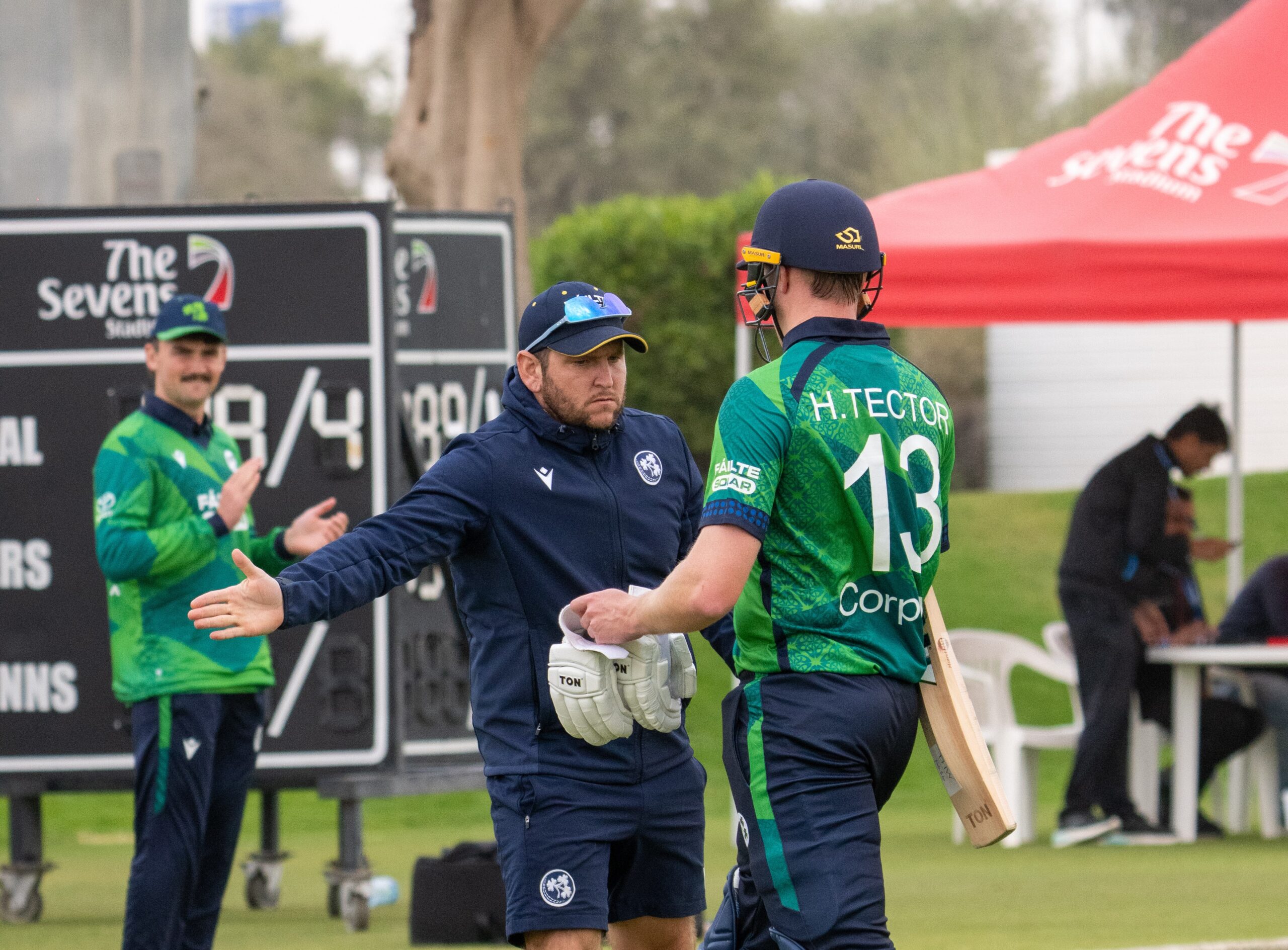
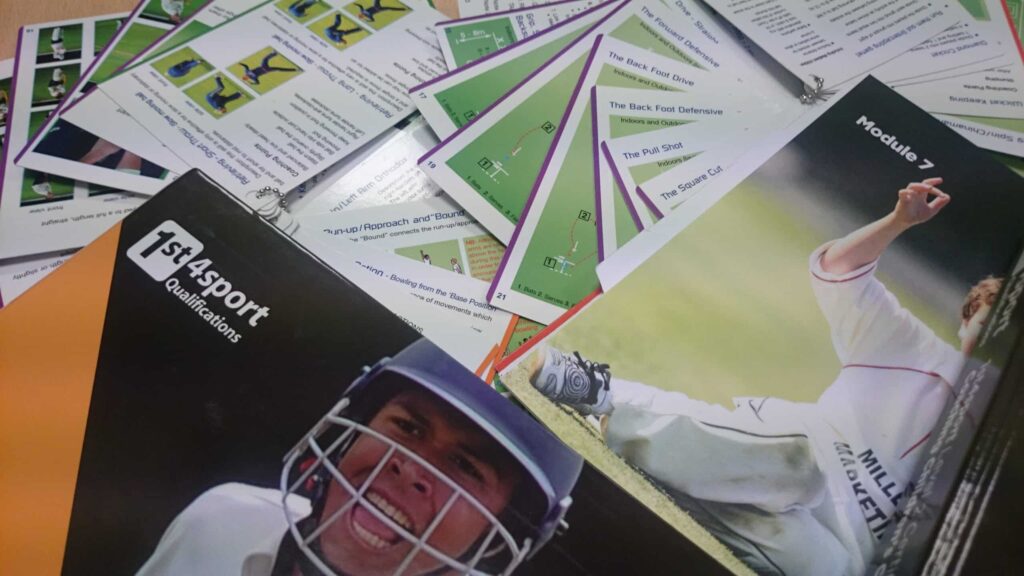
Creating a coaching session plan in advance is something every cricket coach, at every level could do to ensure they are delivering safe, enjoyable and relevant sessions.
Session planning for cricket should not take up all of your time, but the chances are that the more thought that goes into planning your session, the more likely it is that it will be a success.
Remember the saying, ‘If you fail to plan, then you plan to fail.’
It sounds like a terrible cliché, but planning really is an essential part of being a successful coach. In this article we will explore planning an individual session, and what kind of structure you should use.
Remember that safety always comes first, and whenever you are planning a session you should always be thinking about safety (check out our Safety First article).
To start with you should always consider the needs of your players. Do you know who they are? Have they just come from a long day at school? Have the just started cricket? What are they hoping for or expecting from the session?
From this, it will help you to think about the theme of your session, as this will inform the rest of your planning. At this point you may become specific – but not always. However, you should know at least the general area you want to work on, be it batting, bowling or fielding.
From here you can begin to plan your session in a little more detail.
Always begin with a warm up to prepare participants for the session. This is very important as it raises the heart rate gently and preparing muscles for activity. As you already have an idea of what your main theme will be, you can make sure your warm up is relevant to that activity.
After the warm up you should be moving into your main theme. This is where you get more specific with what you are doing in your session.

When planning your main theme it is important to go into more detail with your plan – but remember to always have your players’ best interests at the forefront.
A broad focus such as ‘batting’ may not be enough at this point, and depending on what is appropriate for your players, you could narrow down your plan to a specific area, for example ‘the front foot drive’.
You should think about or plan what you will say and how you will demonstrate, as well as what areas for development you may come across in the session. This is where you need to ensure your plan is appropriate for the group you will have, and aim to retain the flexibility to adapt your session to keep the group active and challenged.
Take a few moments to think about where participants will be working, and in what direction balls will be travelling – this will help you to keep the group active and safe, it’s amazing the difference it can make to your session by planning how best to use the equipment and space that you have.
The next part of your plan may involve a game activity that should relate to your main theme (more advanced players and senior groups may use nets or game-based scenarios as game simulation rather than a ‘game’). It is important to put as much thought into the game as any other part of your planning, it is an opportunity to encourage and reward the use of skills you have been working on during the session.
The game you play may have adapted rules and be weighted towards what was done in the main theme. An example of this might be something as simple as participants scoring double runs if they play a front foot drive (if that was the main theme).

Once again make sure you consider the lay out and safety of the game and try to make sure participants are kept as active as possible during the game.
Finally the session should end with a cool down period, where the game finishes and participants take part in a slow and easy activity with some stretching to end the session. If planned well this is a great opportunity to recap the session and reinforce learning.
Planning your coaching session is very important, and we hope this brief guide will help you with planning individual sessions. As part of the coaching resources series there will also be a guide to support coaches in medium and long term planning, and planning for school lessons that you may deliver on behalf of a cricket club.
Yes
Connaught
Ireland Men make it 2-from-2 against Italy; Tector hits remarkable 96*

Ireland Women beaten but still on track at T20 World Cup Qualifier
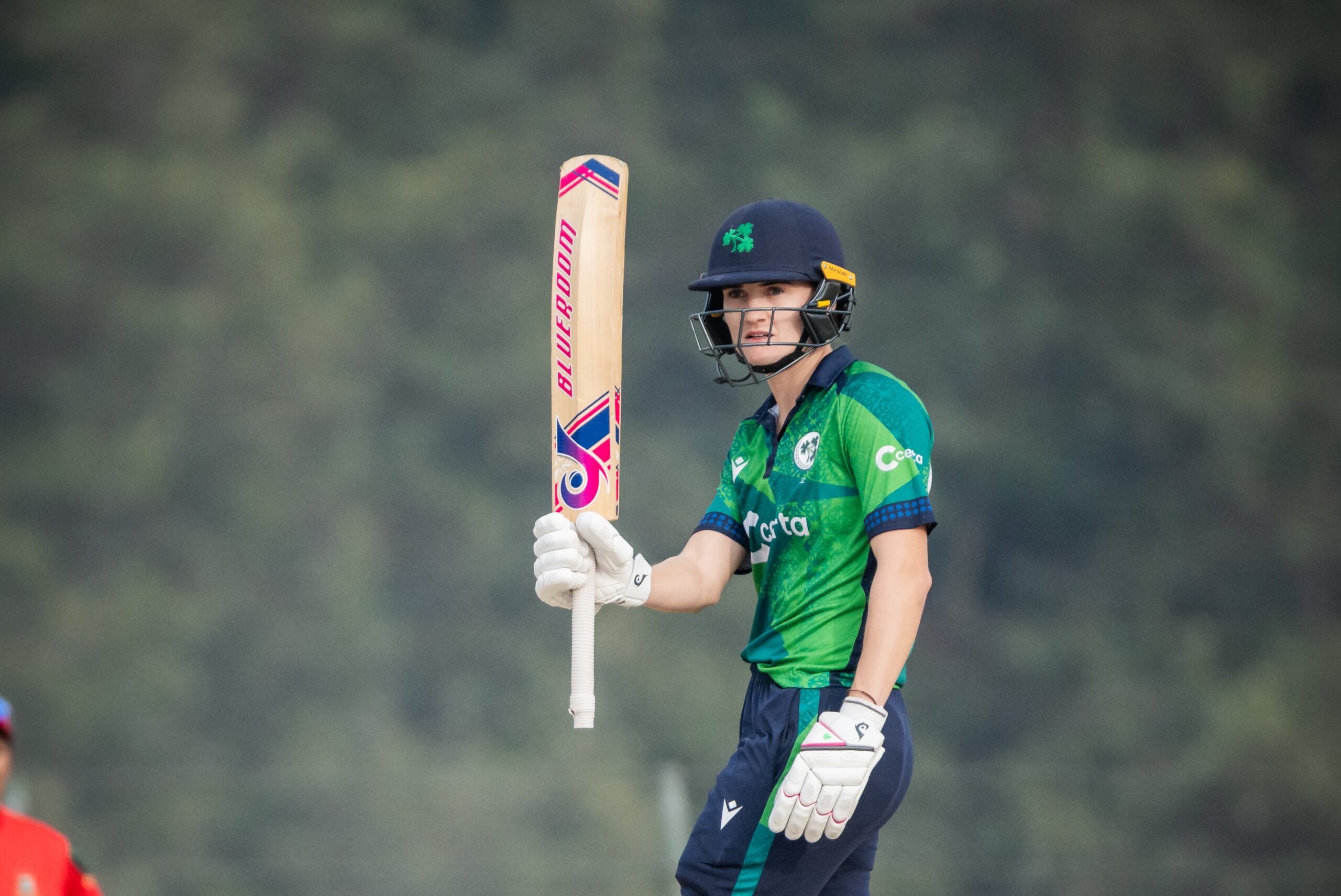
Ava Canning forced to withdraw from Ireland Women’s squad
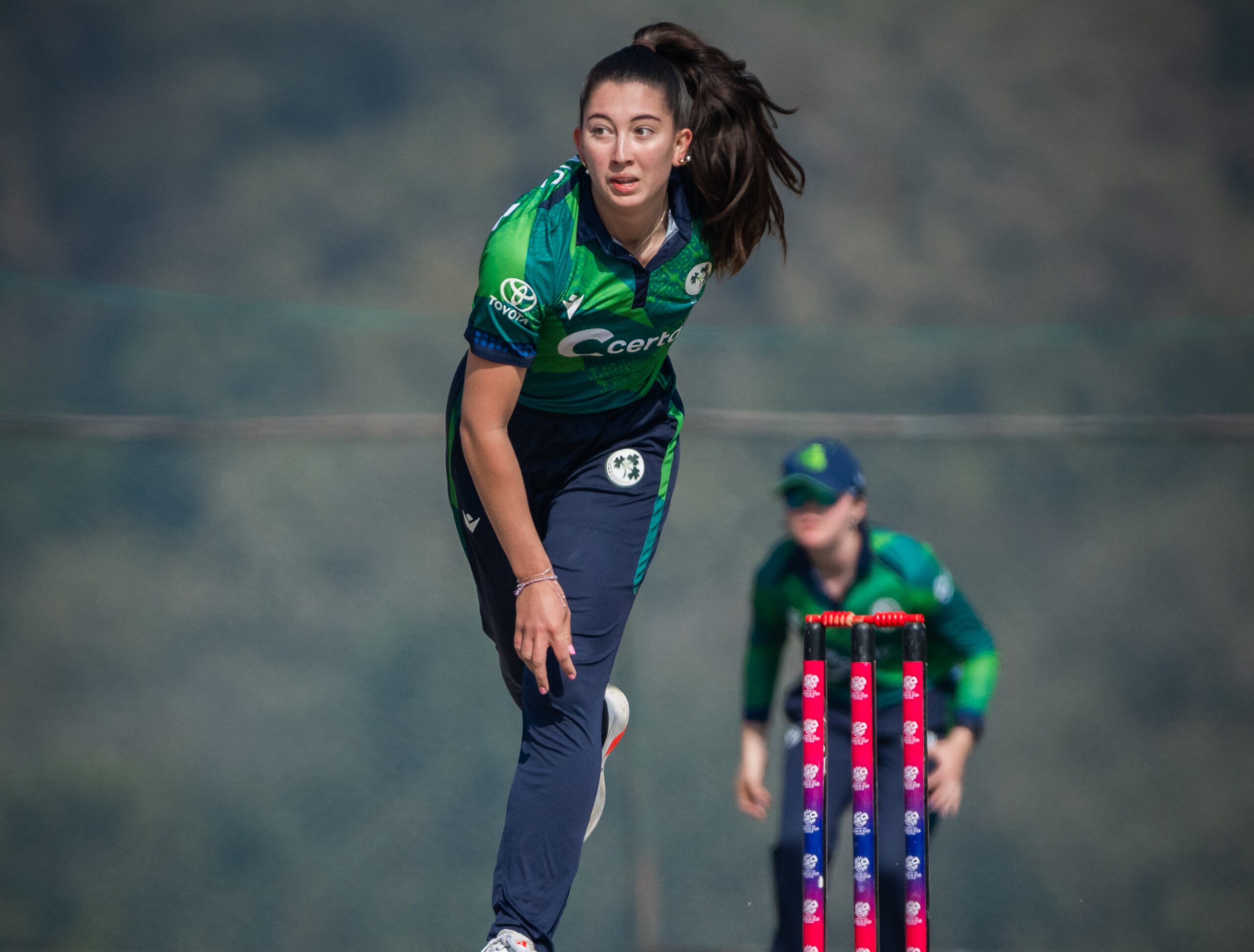
Ireland Men see off Italy in first T20I
